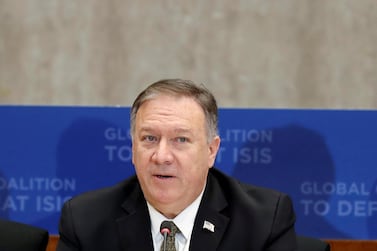Jewish settlements are one of the most controversial issues between Israel and the Palestinians.
More than 600,000 Jews live in about 140 settlements in the West Bank and East Jerusalem, where around three million Palestinians live. The occupation is considered illegal under international law according to several United Nations Security Council resolutions, the most recent in 2016, but Israel disputes this.
The settlements violate the Fourth Geneva Convention, which prohibits the transfer of a population to an occupied area by an occupying power. They are also considered a major block in the path towards a peace agreement between Israel and the Palestinians, who have long called for their removal.
Palestinians say the settlements make the prospect of an independent Palestinian state almost impossible, as they want East Jerusalem to be their future capital.
Israel has occupied East Jerusalem, the West Bank and Gaza since the Arab-Israeli war in 1967 and considers the whole city of Jerusalem to be its capital.
Former US president Jimmy Carter decided that the establishment of the settlements was inconsistent with international law in 1978, but former president Ronald Reagan disagreed in 1981 meaning the US has since called the settlements "illegitimate" rather than illegal.
In 2016, Barack Obama chose not to veto a UN resolution that urged an end to the Israeli settlements, but current US President Donald Trump have been more tolerant and rights groups have said that the stance has encouraged increased settlement activity by Israel.
Last Year, Mr Trump moved the US Embassy from Tel Aviv to Jerusalem, which caused anger from Palestinians and condemnation internationally.
The European Union and UN have said that the settlements do contradict international law, despite US Secretary of State Mike Pompeo declaration on Monday that they are not illegal.
A spokesman for Palestinian President Mahmoud Abbas said the US move "contradicts totally with international law".






